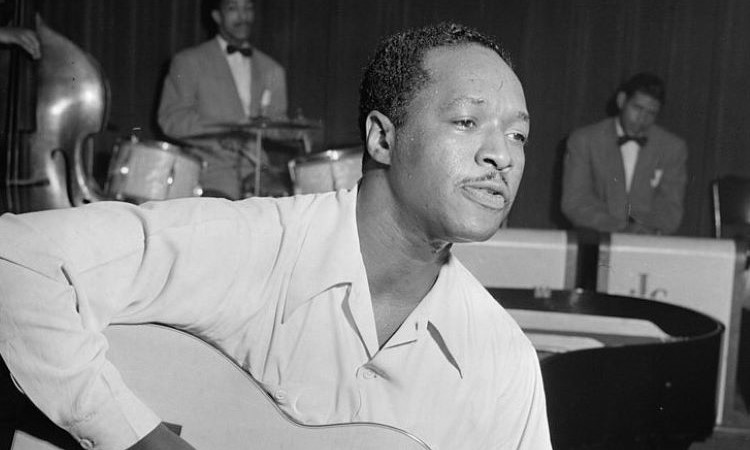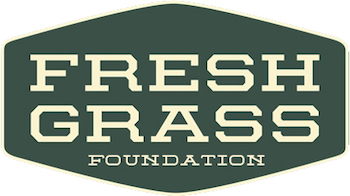Black History Month: Spotlight on Josh White

Josh White was born in Greenville, South Carolina, in 1914. His father was a minister and he grew up singing in the church choir. His father died in a mental hospital after being severely beaten for disrespecting a white man, and White soon joined forces with a local street musician who took him on the road with him.
White quickly learned how to appeal to an audience through song and dance. He picked up the guitar and other instruments and eventually drew the attention of recording executives in Chicago.
He began his professional music career as a session guitarist, around the age of 13. He became so well-known as a young session player that some recording executives in New York went looking for him a few years later and got his mother to sign a recording contract for him.
White moved to New York in 1931 and became a popular performer in clubs such as Café Society. He was in-demand as an actor on and off Broadway (he performed in John Henry with Paul Robeson). He befriended many of the New York folksingers of the day, including Woody Guthrie and Lead Belly, and became a prolific recording artist.
White became active in social movements to an extent that he was blacklisted during the red scare of the 1940s and ‘50s. He had become wildly popular on the radio as well as onstage but his vocal stance on civil rights made him a target for political forces opposed to that movement. Accusations of communism resulted in him being blacklisted in Hollywood, but he continued to perform music wherever folks would have him, for the rest of his life.
Josh White died from complications around heart disease, in upstate New York, in 1969. His music remains hugely influential in the folk world, though the enormity of his celebrity is often overlooked. Below are a handful of songs that are a great place to start for folks wishing to learn more about Josh White.
###
Throughout the month of February 2023, Folk Alley is featuring great Black folk artists who helped define the form in the early days of recording. To illustrate how deep and important are the contributions of these archived Black folk artists, we are also spotlighting modern artists who have been directly inspired by their work. You can listen anytime by clicking on the Classic Folk stream on the Folk Alley website or app. We will also be highlighting a different historical Black folk artist each week here on the website.
“House of the Rising Sun”
“St. James Infirmary”
“Jesus Gonna Make Up My Dying Bed”
“You’d Be So Nice to Come Home To”
“Hard Times Blues”



